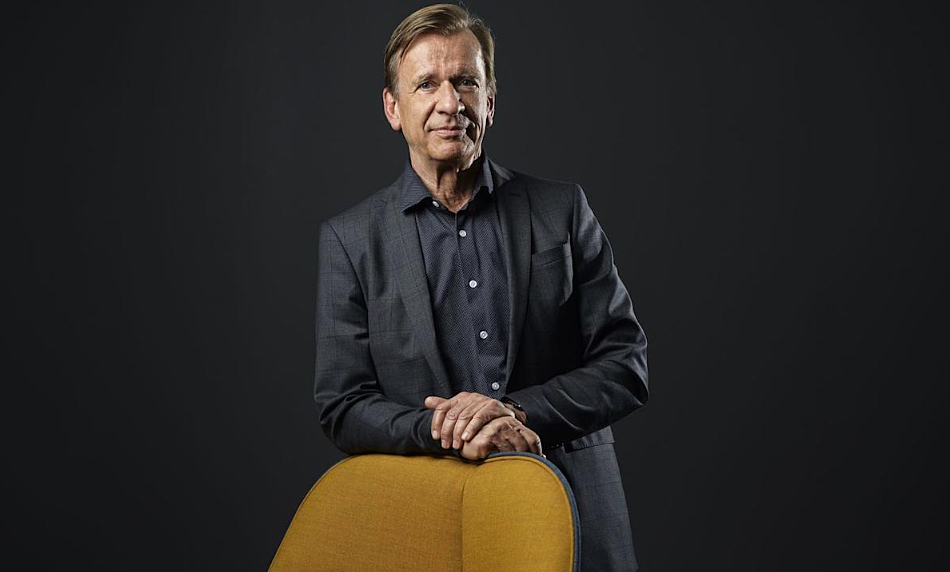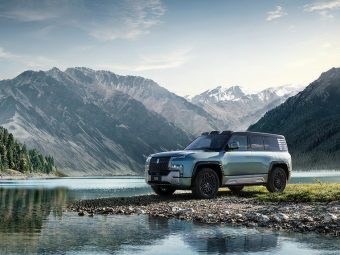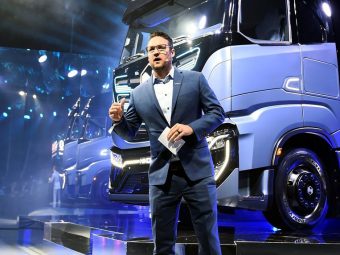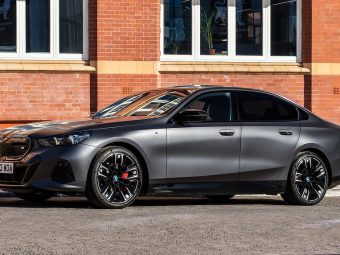Volvo Cars has turned once again to former chief executive Hakan Samuelsson as it faces one of the most challenging chapters in its modern history. The 74-year-old Swede, who retired after nearly a decade at the helm and led Volvo through its 2021 public listing, was brought back in April by majority owner Li Shufu of Geely to steady the company’s fortunes.
The automaker is contending with a series of setbacks: slumping sales, software malfunctions, delays in critical new models, and mounting tariff pressures in the U.S. The struggles have been compounded by the delayed launch of the EX30, a compact EV initially imported from China but later shifted to Belgium after Washington imposed a 28 percent tariff. The relocation caused Volvo to lose more than two years of revenue on the model, a blow Samuelsson admits cannot be recovered.
Despite these hurdles, Samuelsson insists Volvo can return to growth. His immediate focus is on reducing costs and reigniting sales momentum, with a stronger emphasis on marketing and leadership discipline. Once stabilized, Volvo will revisit its long-term strategy, including a clearer timetable for electrification and a renewed commitment to autonomous driving technology.
The executive underscored the importance of Volvo’s connection to Geely, especially as Chinese automakers tighten their grip on the global EV market. In China, domestic brands already account for more than half of sales and are rapidly expanding into Europe. Samuelsson believes this makes Volvo’s ties to Geely an asset rather than a liability.
Looking further ahead, he predicted the auto industry will undergo massive restructuring over the next decade. As EV adoption accelerates, Samuelsson expects most cars to be fully electric within ten years, with Chinese brands emerging as some of the strongest global players. Traditional automakers, he warned, will face increasing pressure to adapt or risk collapse.







